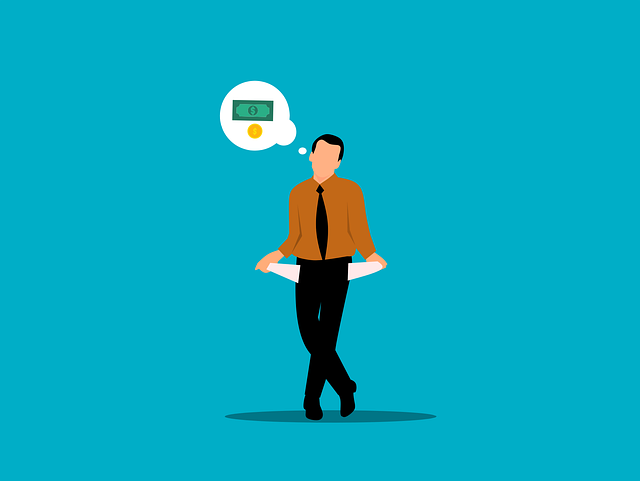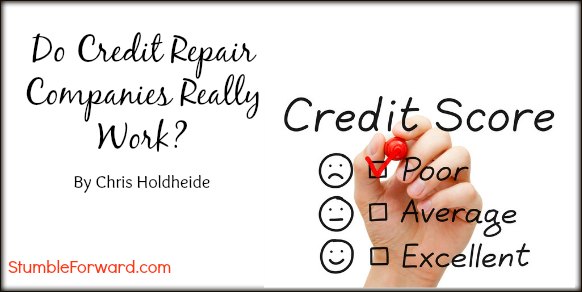Should I Lease or Buy a Car if I Have Poor Credit

If you have poor credit, you may be wondering if it’s better to lease or buy a car.
Both options have their pros and cons, but ultimately it depends on your specific situation. Keep reading to learn more about leasing and buying a car with poor credit.
If you have poor credit, your options for leasing or buying a car may be limited
If you have poor credit, car financing can be a daunting task. You may not qualify for the best car loan rates due to a low credit score, and some car dealerships may outright refuse to offer car financing for bad credit.
That said, there are still ways around this predicament.
Shopping at certain car dealerships that specialize in helping people with subprime credit, looking for car loans that report to the credit bureaus (which could help your score over time), or even using a co-signer can all be great solutions if you need car financing but don’t want to let an unfavorable credit history stand in your way.
It’s important to do your research before making a decision on leasing or buying a car
Making a decision on leasing or buying a car is an important financial decision and something that should not be taken lightly. It’s important to do your research so that you can fully understand the advantages and disadvantages of each option.
This means looking at monthly payments, how long it will take to pay off the car, the cost of depreciation, taxes, registration fees, insurance costs, and all other associated expenses in order to make an informed decision.
Leasing may be perfect for a short-term commitment while buying could be better if you plan on keeping a vehicle for many years to come. Taking the time upfront to do your research can save you money and hassle down the line.
Consider the pros and cons of each option before making a decision to lease or buy a car when you have bad credit
One of the biggest decisions to make when leasing or buying a car with bad credit is understanding the terms and consequences.
Leasing a car may have lower monthly payments, but there are usually larger upfront costs required and restrictions on what you can do with the vehicle, such as not being able to customize it with aftermarket parts.
Buying a car outright does require higher monthly payments, but you ultimately own the car and get complete freedom in how you want to use it.
Regardless of which option you choose, be sure to read through all documents thoroughly and pay attention to details that could come back to haunt you down the road such as high-interest rates or limited warranties.
By carefully weighing both options and understanding what each requires, you can take control of your situation and select the best route for your needs.
Leasing may be a better option if you’re looking for lower monthly payments
If you are looking to purchase a new vehicle but have a limited budget, leasing may be the smart choice. Leasing can provide lower monthly payments than if you were to make a down payment and finance your purchase. You also benefit from not having to commit to any long-term financial obligations, since most leases usually last two or three years.
In addition, you will always be driving a recent vehicle model and can take advantage of additional leasing incentives such as discounted maintenance fees or waived registration fees.
Before making your decision, it’s important to weigh all the pros and cons carefully in order to make an informed decision that works best for your current financial situation.
Buying may be a better option if you’re looking to build equity in your vehicle
When it comes to investing in a new car, many people wonder if purchasing is really the way to go. Buying a car can be an expensive decision, but when considering the long-term economic impact on your wallet, it may turn out to be the smarter option.
Consider the equity you build with buying: as you make payments and take care of your vehicle, it will increase in value over time and could even become a valuable asset.
When seeking to invest in a set of wheels that is sure to give you a good return on your investment, buying could be the more attractive option.
Making the decision to lease or buy a car is a big one, and if you have poor credit, it may seem like your options are limited. However, it’s important to do your research before making a final decision. Consider the pros and cons of each option and how they will fit into your specific situation.
If you’re looking for lower monthly payments, leasing may be the better option for you. However, if you’re looking to build equity in your vehicle, buying may be the better choice. Ultimately, the best option for you will depend on your individual needs and preferences.




